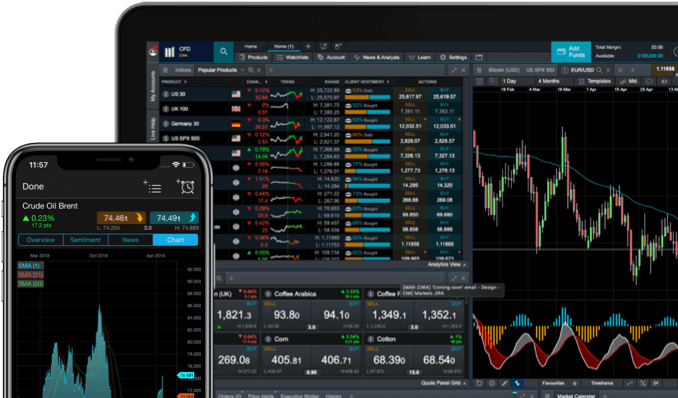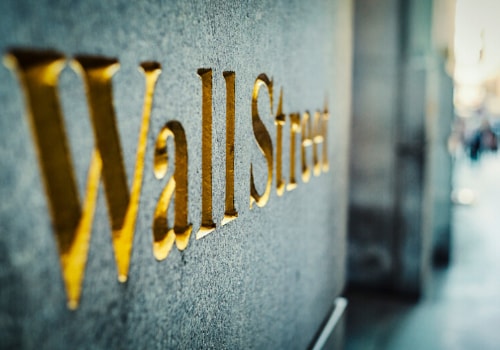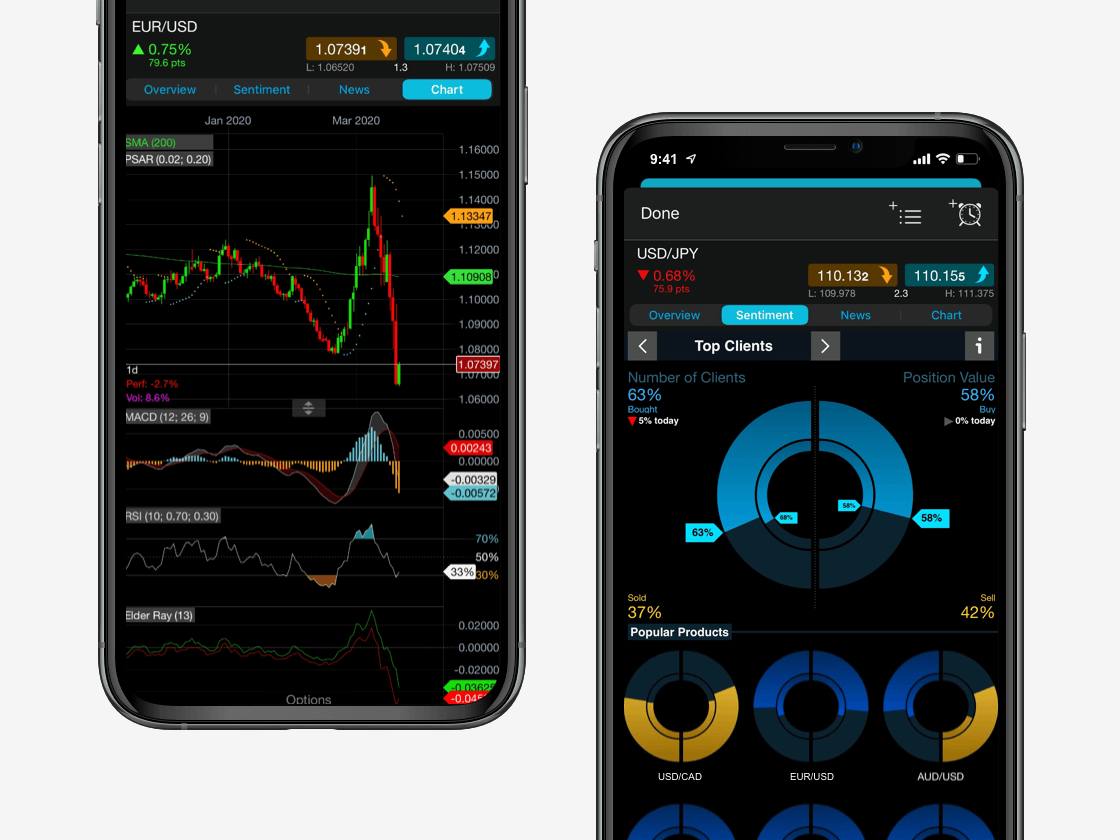SPAC stands for a special-purpose acquisition company, which is also known as a 'blank check company'. This type of company is created without any commercial operations in mind. It aims to raise capital through an IPO that can then be used to acquire an existing company, in what is called a reverse-merger.
This method of taking a company public has been used for a number of decades, but SPACs saw a dramatic rise in 2020 as companies hit by the Covid-19 crisis looked for alternative ways to raise capital. In 2020, 248 SPACs were listed, in comparison with only 209 traditional IPOs.
If you're interested in learning more about the rise of SPACs and how they can benefit individual companies and investors, listen to our podcast below.


















